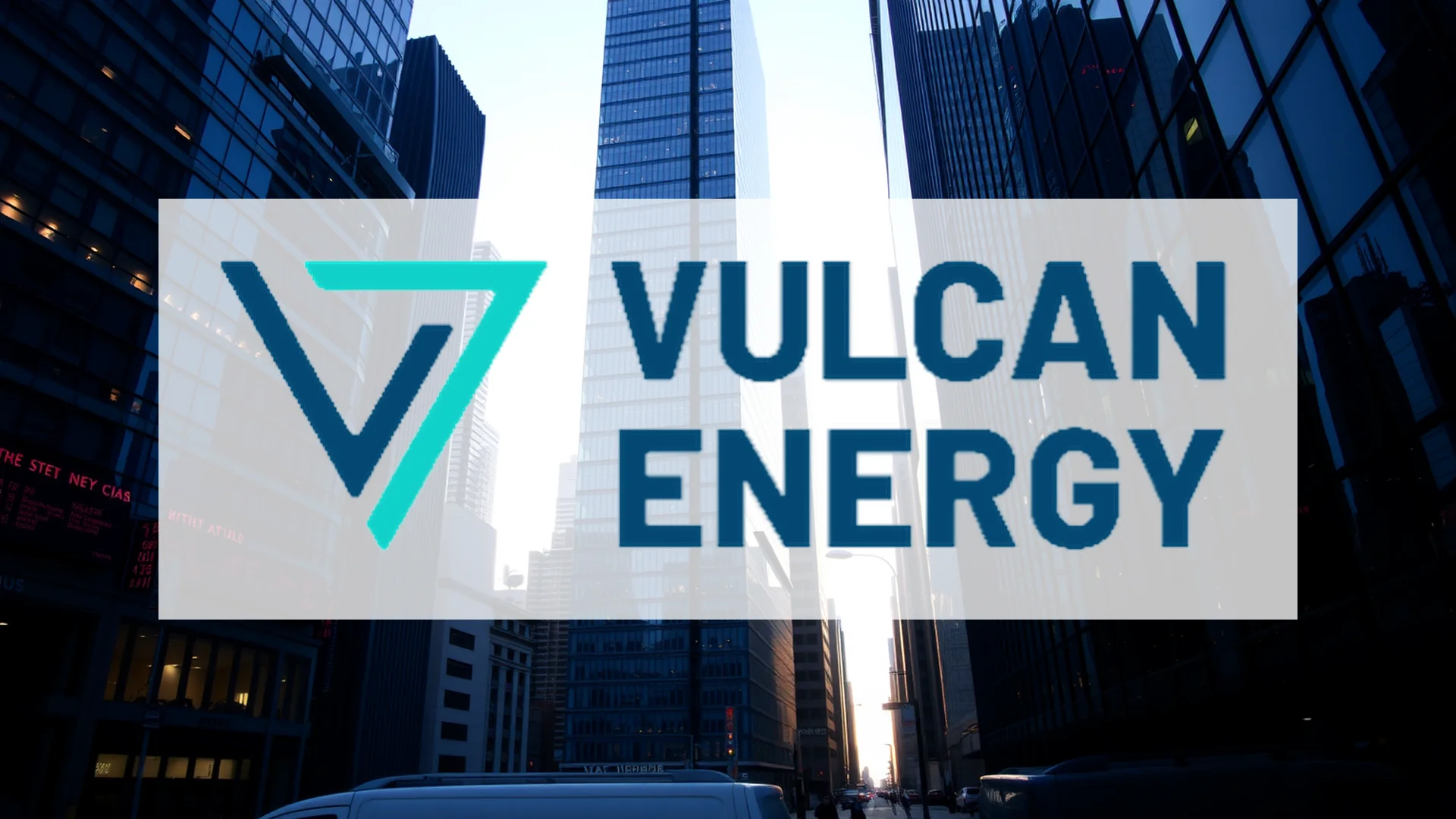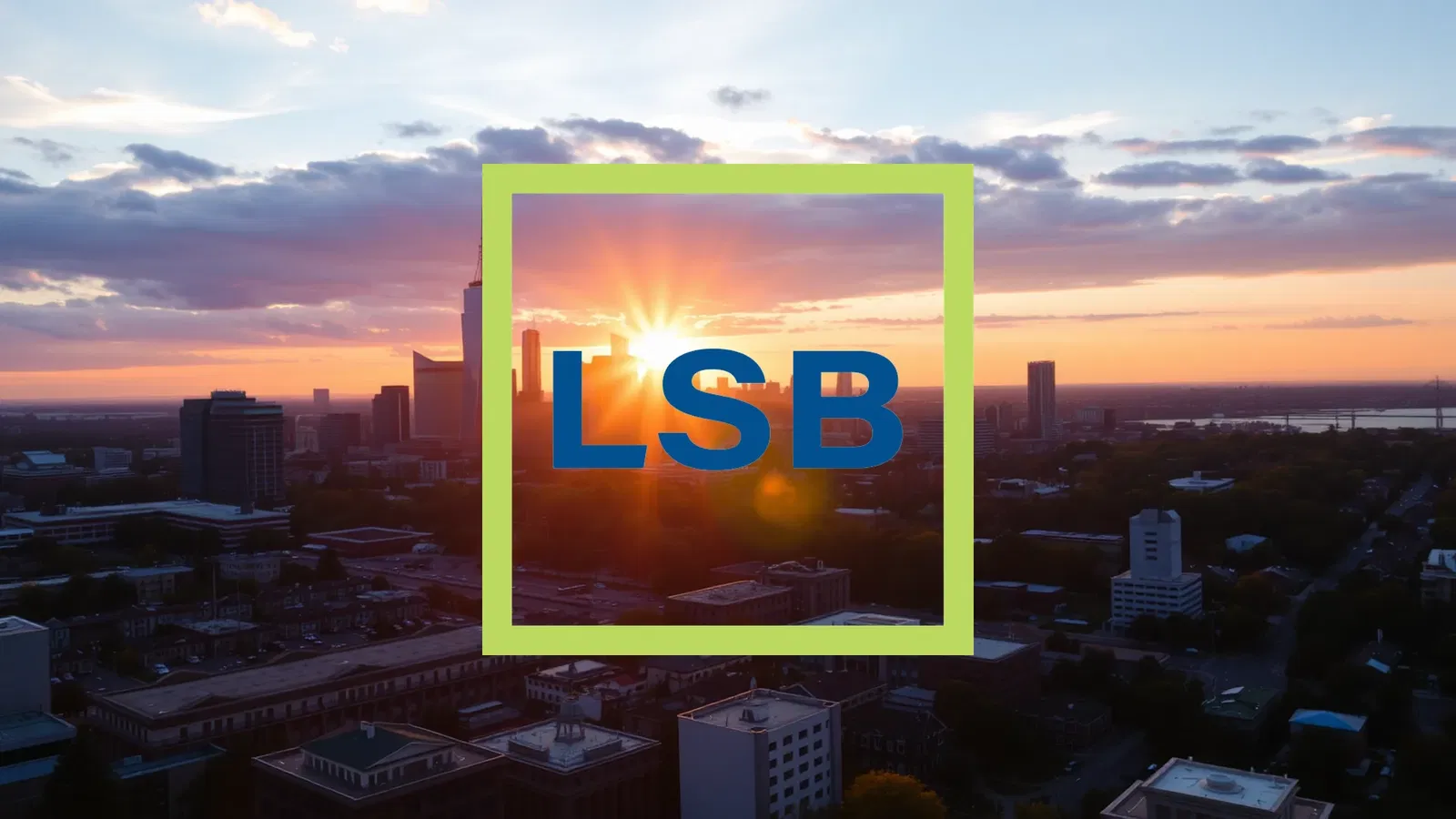A European energy company is making significant strides in establishing a domestic, carbon-neutral lithium supply chain. Vulcan Energy Resources (ASX: VUL, FSE: VUL) has announced a series of recent achievements that position it as a key contender in the battery materials sector, moving from a promising startup to a serious industrial participant.
Strategic Alliance and Production Breakthroughs
The company has successfully produced its first battery-grade lithium hydroxide, secured substantial financial backing exceeding €1.3 billion, and formed a strategic partnership with chemical giant BASF. These developments collectively strengthen Vulcan’s proposition to deliver Europe’s first fully integrated, green lithium operation.
In a landmark achievement for the continent’s battery industry, Vulcan initiated lithium hydroxide production at its CLEOP facility within Frankfurt’s Höchst Industrial Park on November 8, 2024. This represents the first-ever production of completely carbon-neutral lithium hydroxide on European soil using an integrated supply chain. The raw material originates from geothermal brines processed at the company’s extraction plant in Landau utilizing its proprietary VULSORB® technology.
Merely weeks after commencing operations, on January 13, 2025, the produced material achieved battery-grade quality. This rapid attainment underscores the technical viability of Vulcan’s innovative approach. The CLEOP installation serves as a critical precursor to the planned Phase One “Lionheart” project, which targets annual production of 24,000 tonnes of lithium hydroxide—sufficient to power approximately 500,000 electric vehicles. Future off-takers include industry leaders such as Stellantis, Renault, LG Energy Solution, and Umicore.
Financial Framework Secures Project Future
December 2024 brought crucial financial validation. On December 11-12, the European Investment Bank’s (EIB) Board of Directors approved potential financing participation of up to €500 million for Phase One, representing a major endorsement. The EIB’s support forms the cornerstone of a comprehensive financing package comprising direct EIB loans, facilities guaranteed by export credit agencies, and liquidity lines from commercial banks.
Concurrently, Vulcan successfully placed new shares raising A$164 million at A$5.85 per share and secured a conditional credit commitment of €879 million from Export Finance Australia alongside a consortium of seven major banks, including:
* Export Development Canada
* SACE
* ING
* UniCredit
* ABN AMRO
* Natixis
* Bpifrance
This complete financial package addresses the total funding requirement of approximately €2.2 billion for Phase One, covering:
* €1.4 billion in capital expenditure
* €400 million in financing and project ancillary costs
* €400 million in contingency and readiness reserves
Final credit approvals are anticipated by late 2024, with contract signing scheduled for early 2025.
Should investors sell immediately? Or is it worth buying Vulcan Energy?
BASF Collaboration Expands Geothermal Ambitions
A memorandum of understanding signed with BASF on November 21, 2024, marks another strategic advancement. The partners will jointly develop geothermal energy resources at BASF’s Ludwigshafen site, aiming to provide renewable baseload power while evaluating potential construction of an on-site lithium extraction facility.
The collaboration’s potential impact is substantial, with possibilities including up to 4 million tonnes of carbon-free steam annually—potentially avoiding approximately 800,000 tonnes of CO₂ emissions at BASF’s headquarters. Vulcan is additionally planning a lithium extraction plant specifically serving the German and European battery industries, with seismic investigations commencing in early 2025.
The partnership extends beyond industrial applications, with regional energy providers like Technische Werke Ludwigshafen and Stadtwerke Frankenthal evaluating geothermal energy for district heating in surrounding municipalities.
Government Support and Enhanced Corporate Governance
Vulcan has obtained €100 million in funding from Germany’s Federal Ministry for Economic Affairs and Climate Action for its “Heat4Landau” project, accelerating the delivery of renewable heat. This governmental support highlights the political significance of Vulcan’s role in Europe’s critical raw materials strategy.
The company is also strengthening its leadership structure effective January 1, 2025, with CFO Felicity Gooding becoming Executive Director and Angus Barker appointed Lead Independent Director and Deputy Chairman. These appointments signal the company’s professionalization as it advances toward commercial production.
Establishing European Battery Independence
Vulcan’s integrated model—combining geothermal energy generation with lithium extraction without fossil fuels—remains unique in Europe. The Phase One project received S&P Global’s highest possible “Dark Green” rating, the first metal and mining company to achieve this distinction.
The central European location provides proximity to automotive and battery customers, substantially reducing both costs and carbon footprint compared to traditional supply chains. With secured financing, demonstrated production capabilities, and strategic partnerships in place, Vulcan is targeting commercial production start in 2027—timed perfectly as Europe’s demand for domestic, environmentally sustainable lithium reaches its anticipated peak.
Ad
Vulcan Energy Stock: Buy or Sell?! New Vulcan Energy Analysis from February 7 delivers the answer:
The latest Vulcan Energy figures speak for themselves: Urgent action needed for Vulcan Energy investors. Is it worth buying or should you sell? Find out what to do now in the current free analysis from February 7.
Vulcan Energy: Buy or sell? Read more here...












